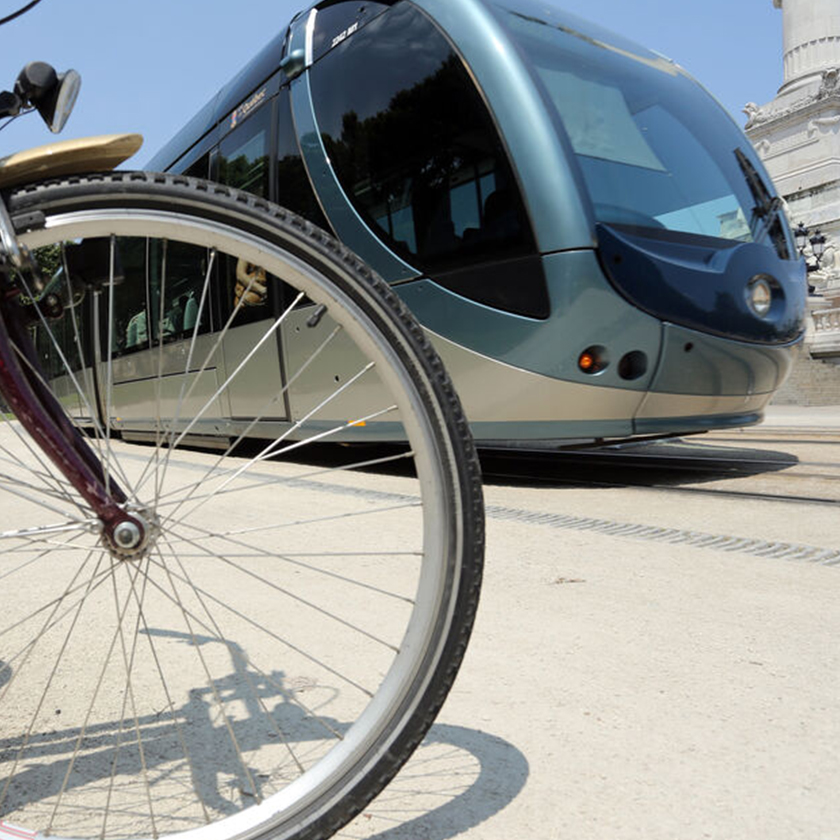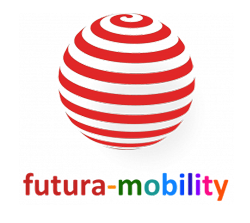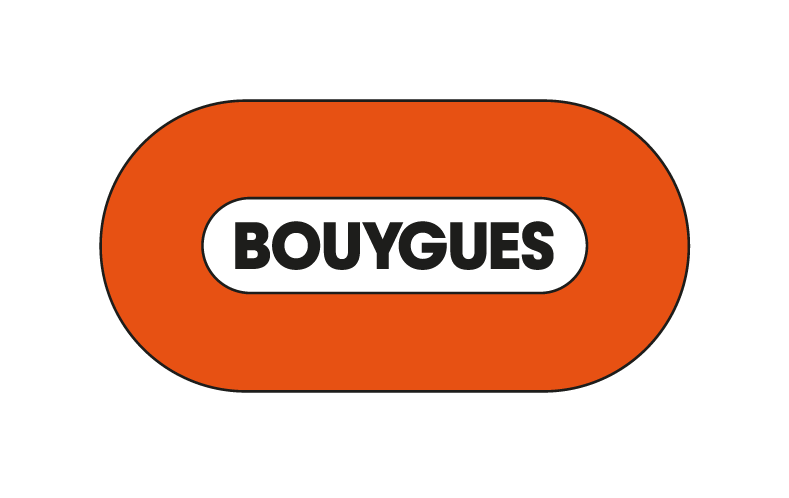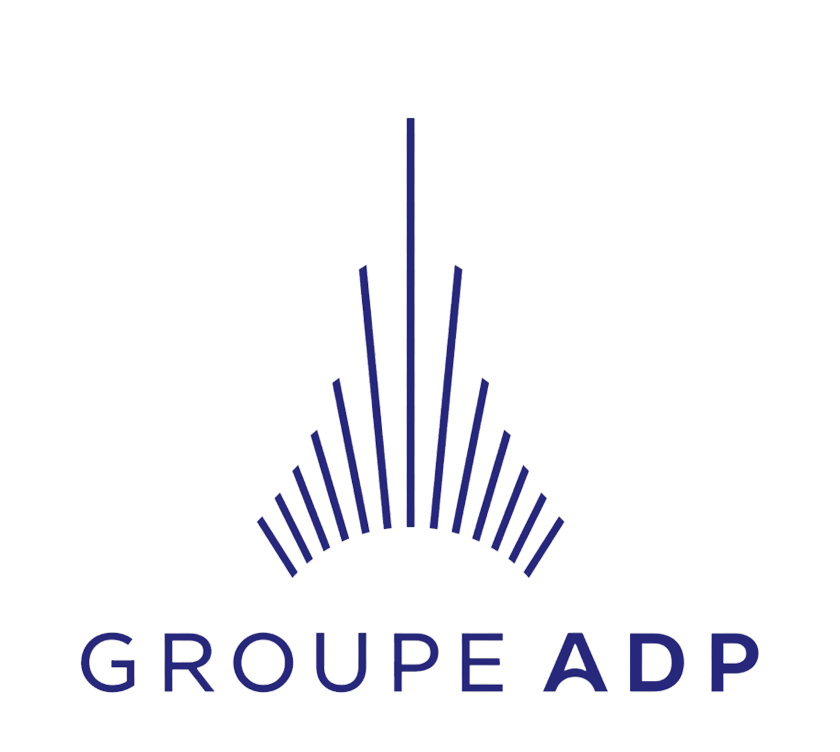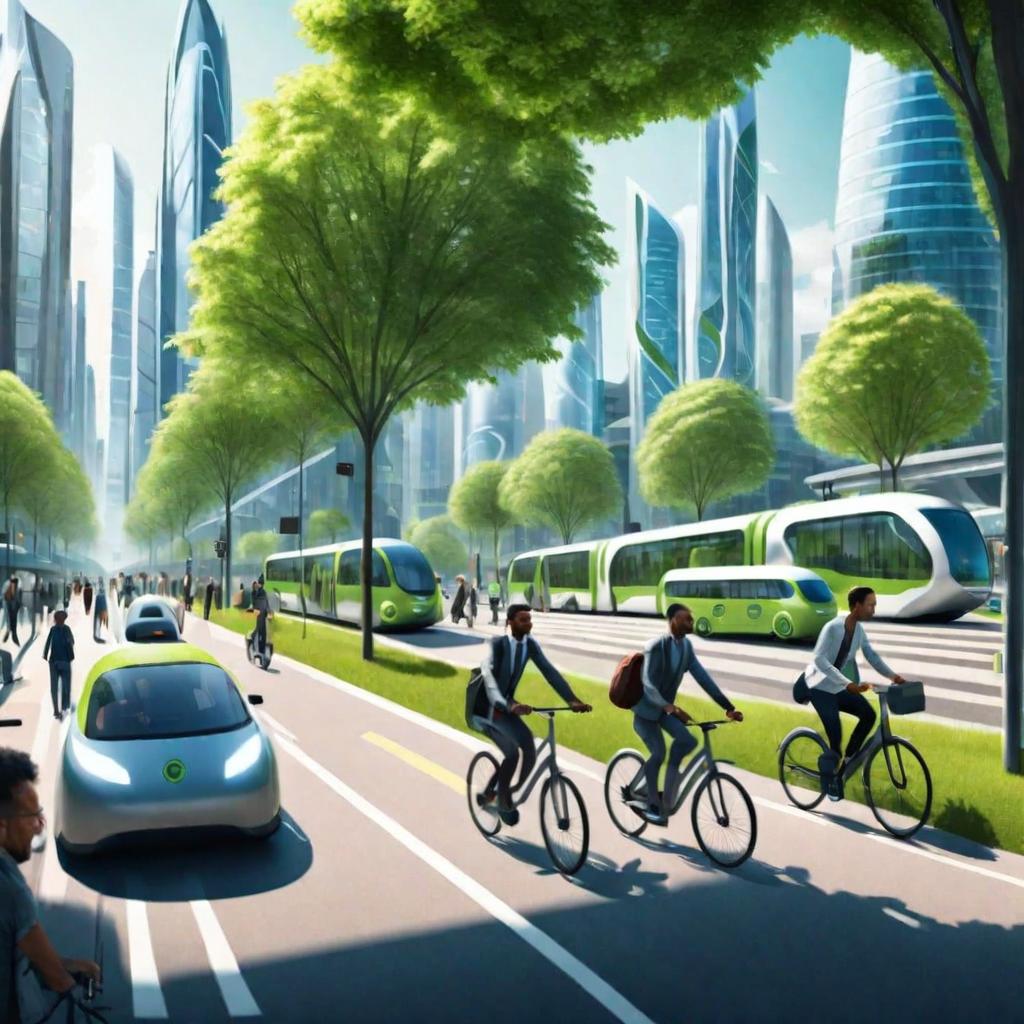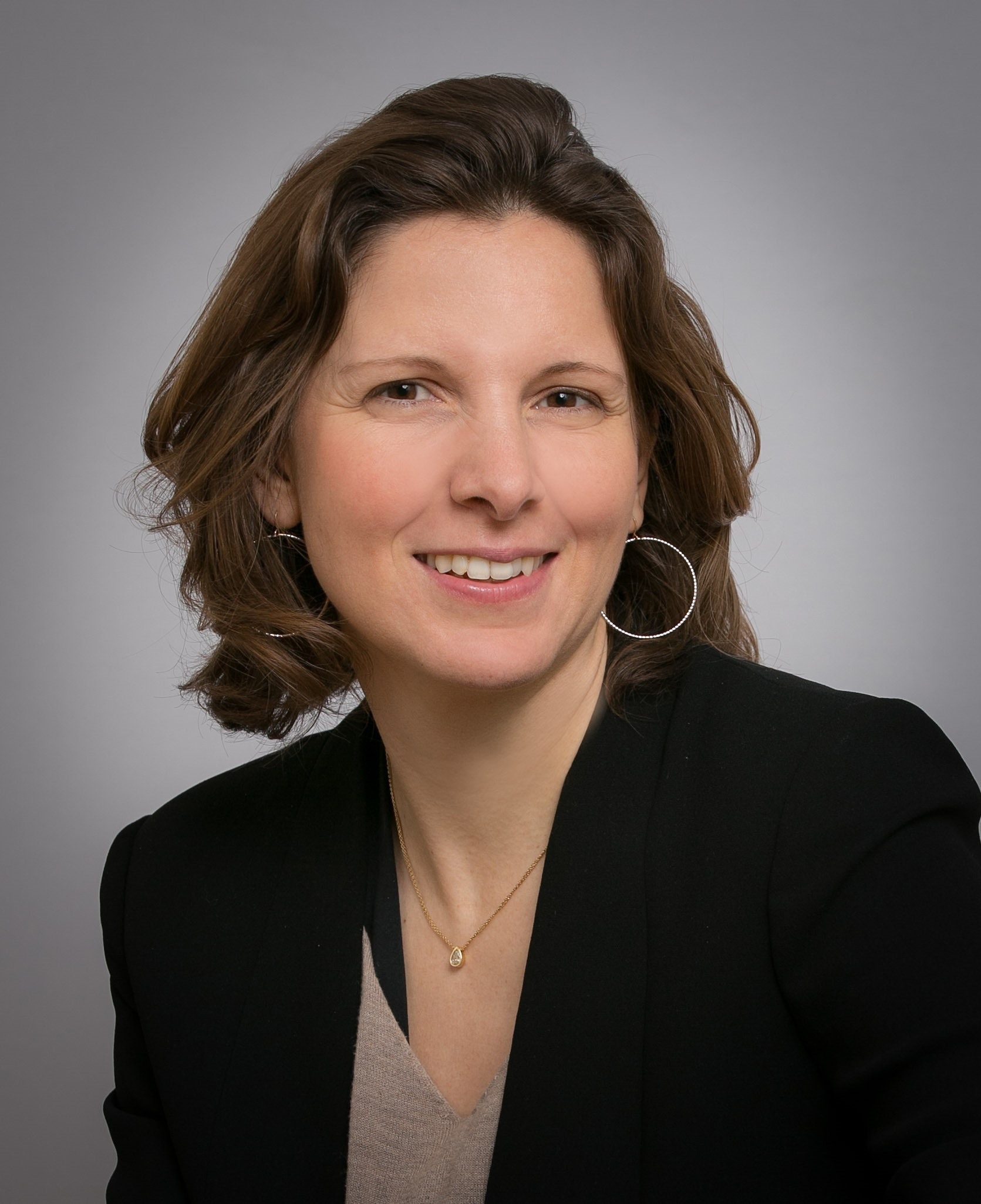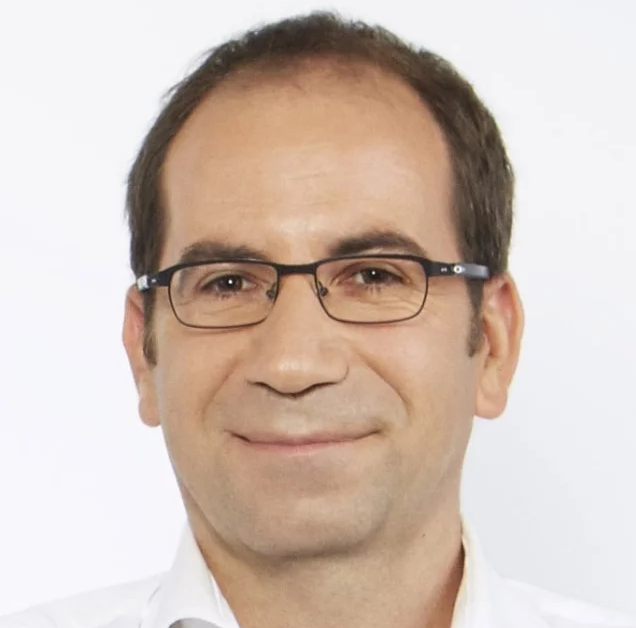Learning Expeditions: an active approach to exploring and monitoring trends in a target territory
Learning Expeditions (LEX) are another way to explore, discuss and compare points of view on tomorrow’s mobility solutions, and an ideal opportunity to delve deeper into the particularities of regions renowned for innovation. After a successful trip to Israel, and Sinagpore the latest Learning Expedition took place in Switzerland, a European innovation champion.
Switzerland remains a global leader in innovation and continues to dominate the Global Innovation Index for the 13th consecutive year. This success is the result of highly qualified workforce, a dynamic research ecosystem, and fruitful collaboration between public and private actors. In this conducive environment for the emergence of new technologies, a learning expedition focused on mobility and energy has proven to be a valuable initiative for Keolis and its participating partners.
Centered on the centers of excellence for research and innovation in Switzerland, this exploration led us notably to the École Polytechnique Fédérale de Lausanne (EPFL). With its 360 research laboratories and 2500 doctoral students from 130 different nationalities, EPFL embodies scientific excellence and innovation. Its educational, research, and innovation missions encourage the creation of start-ups, with an average of 35 spin-offs per year.
At EPFL Valais, particular emphasis is placed on energy through the clustering of laboratories within Energypolis. The objective is clear: to contribute to the design of zero-emission and economically efficient energy systems. This approach combines ecological and economic interests, aiming to reduce dependence on fossil fuels in favor of more stable and predictable solutions.
The resurgence of the smart city concept in Switzerland is manifested through concrete and scalable initiatives, ranging from the building level to the neighborhood level. Research and applications focus on various aspects such as energy flows, energy storage over different time scales, CO2 capture as an energy source, and waste management with sequestration.
We also engaged with the Swiss Battery Technology Center, a state-of-the-art laboratory dedicated to battery research, including Battery Management Systems (BMS) operation, battery behavior, and charging strategies aimed at extending their lifespan.
A notable project, CircuBAT, employs an Artificial Intelligence training approach in the metaverse to automate battery dismantling and valorize recovered raw materials. This step is crucial for reducing carbon footprint and addressing challenges related to material scarcity.
Lookback at Singapore Learning expedition -December 2022:
Over the course of one week, members of the think tank had the opportunity to meet with industry stakeholders, public authorities, start-ups and universities and test the city-state’s public transport offer.
First observation: the extremely high levels of security on public transport and across the city. A visit to the AETOS control centre gave participants an inside look at this impressive surveillance system. Control centre operators use 3D mapping and a variety of sensors, cameras, drones and alert systems to monitor flows and behaviours in real-time in this city-state where civic-mindedness prevails and offenses are severely punished.
In addition to the existing public transport offer, the quest for future mobility solutions is a top priority in Singapore, where space is at a premium and car use is extremely restricted. Academic and institutional organisations play an active role in prospective thinking; for example, the Singapore University of Technology and Design (SUTD) is evaluating citizens’ attitudes towards autonomous vehicles in order to tackle traffic congestion issues. Other university research institutes (NTU – ERIA / CETRAN) are conducting trials with a view to deploying these vehicles as a transport mode in their own right, rather like what Keolis has developed at its SEMA autonomous vehicle testing facility.
SUTD also identified the impact of urban logistics on traffic congestion, particularly when it comes to vehicles stopping on public thoroughfares. One of the concrete solutions implemented to reduce pollution and help ease congestion is the use of electric cargo bikes for last-mile deliveries.
This forward-thinking attitude and approach to innovation make Singapore an ideal environment for trials and experiments. The different encounters during this week-long LEX provided members of the think tank with an immersive insight into mobility-focused innovation trends in the territory. Insight that will enrich the future endeavours and commitment of both the think tank and Keolis to sustainable shared mobility.
